Carl Friedrich Gauss - The Prince Of Mathematics
Anil Singh - Dec 24, 2019
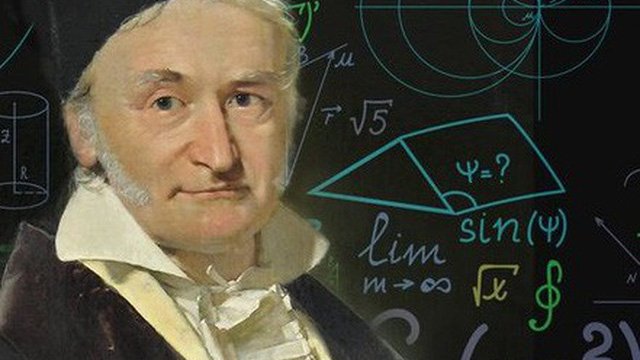
Carl Friedrich Gauss, 'The Prince of Mathematics', is considered one of the greatest mathematicians throughout history.
- A Math Formula Tells Us How Long Everything Will Live
- Shakuntala Devi Awarded Guinness World Records’ Fastest Human Computation Certificate After 40 Years
- This Magical Number Will Help You Find A Parking Space, The Perfect Apartment, And Even A Suitable Spouse
Have you ever heard about The Prince of Mathematics? And yes, we’re here to tell you the story about this legendary mathematics, who is considered one of the greatest mathematicians throughout history – he’s Carl Friedrich Gauss, a German child prodigy and mathematician in 19th century. In a word, his mathematical writings and discoveries had a massive influence on various areas in not only math but also other sciences, including physics, geodesy, and astronomy.
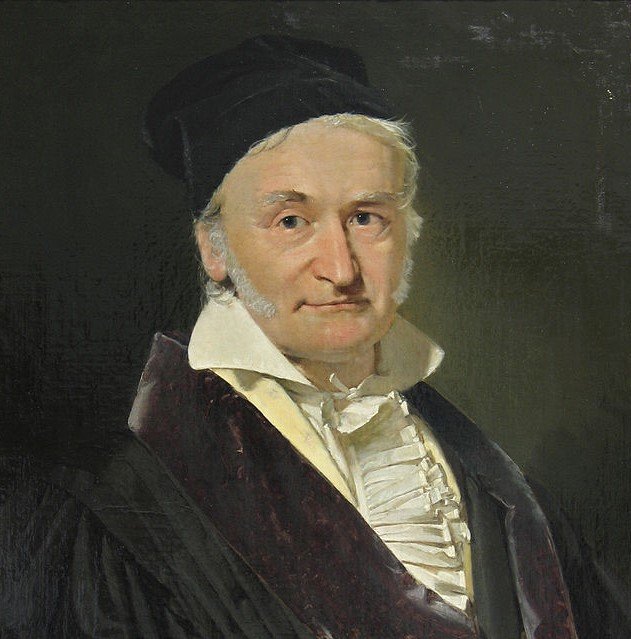
Gauss was born into a poor, working-class family living in Brunswick, Northern Germany in 1777. While his father was reportedly a brick-layer and gardener, his mother was described as an honest woman though she was illiterate and could not remember his birthdate (but Wednesday). During Gauss’s childhood, his harsh father discouraged him from attending school and kept in his mind a thought that Gauss would take over one of the family traditional businesses. However, both the mother and his uncle thankfully noticed his genius and determined to send him to school to follow academic education with this gifted intelligence.
Not long after that, the ten-year-old Gauss expressed his extraordinary talent in an arithmetic class, which has been a telling example about the mathematician. His teacher once gave a complicated question, asking him and his classmates to calculate the sum of all the numbers from one to 100. Gauss was the first one who brought the result to his teacher as he completed the assignment when others had to sum all the numbers for quite a while.
Of course, time is not all, and Gauss had more things to surprise his teacher. The teacher was totally astonished because of Gauss’ calculating speed and the way he solved the problem as well. While most of the other results were wrong, Gauss got the right answer: 5,050. Explaining about his answer and speedy calculation, Gauss said he found a noticeable rule of the number line: 1+100=101, 2+99=101, and so on. All of them account for a total of 50 pairs, in which each pair results in 101. So he had 101 times 500, and 5,050.
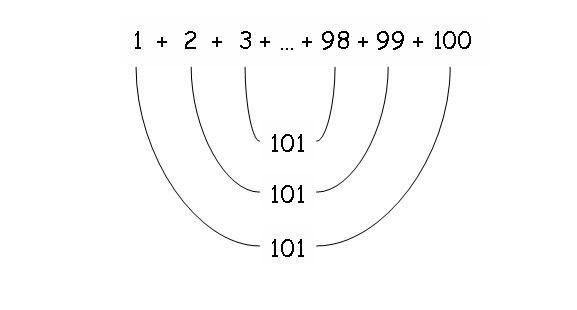
When the German genius was fourteen, a nobleman in Brunswick had given a hand to keep his education on the way. Duke Carl Wilhelm Ferdinand met the young boy and was so impressed by his gifted talent, especially photographic memory. The Duke then financed a fund to support this boy, which later sent him to Caroline College to continue the studies. In the senior year at the college, Gauss discovered a tremendous finding that no one had thought it was possible at that time, even mathematicians. The young guy found out that with the help of a straight edge and a compass, he could draw a regular polygon that has 17 sides. Since this discovery, Gauss rethought about his intended language study and stopped it to dive into mathematics.
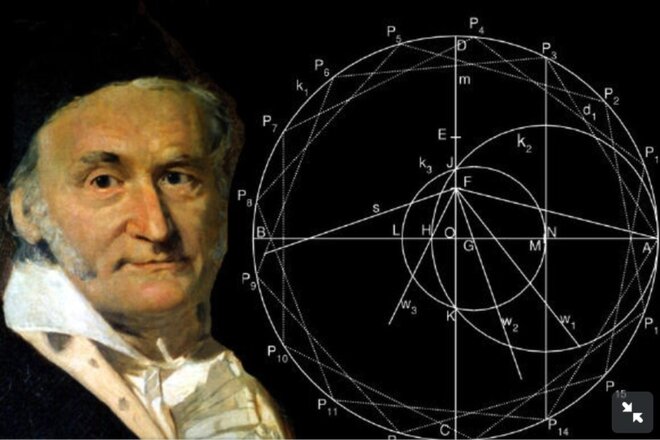
Duke Ferdinand continued to pledge his finance to help Gauss enter the Univ. of Gottingen, one of the most prestigious universities in Germany. While studying there, Gauss raised a controversial algebra proof that had challenged many intellectuals for centuries. That proof said all algebraic equation has one root or solution, at least. This was considered as the fundamental theorem of algebra.
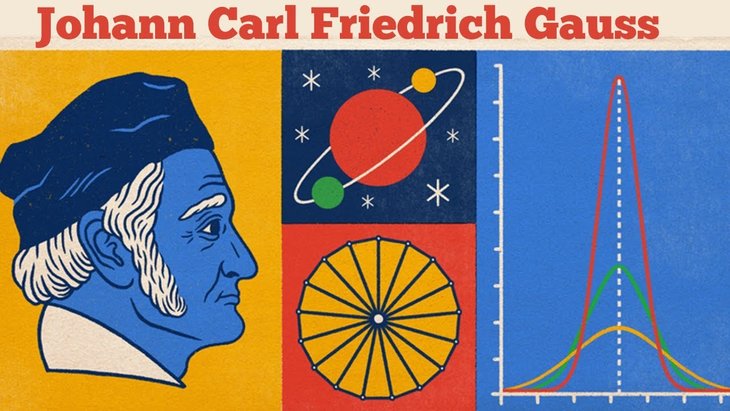
Aside from pure mathematical contributions, the prince of mathematics was also proud of his astronomical discovery. Astronomers discovered a space object named Ceres in 1801, but they lost its signals. Gauss was also interested in researching Ceres, so he started working on his own method to determine the orbits of the asteroids. The mathematician professor later became the director at Gottingen Observatory, and hold this title until his death in 1855.
Featured Stories

Features - Jan 29, 2026
Permanently Deleting Your Instagram Account: A Complete Step-by-Step Tutorial

Features - Jul 01, 2025
What Are The Fastest Passenger Vehicles Ever Created?

Features - Jun 25, 2025
Japan Hydrogen Breakthrough: Scientists Crack the Clean Energy Code with...

ICT News - Jun 25, 2025
AI Intimidation Tactics: CEOs Turn Flawed Technology Into Employee Fear Machine

Review - Jun 25, 2025
Windows 11 Problems: Is Microsoft's "Best" OS Actually Getting Worse?

Features - Jun 22, 2025
Telegram Founder Pavel Durov Plans to Split $14 Billion Fortune Among 106 Children

ICT News - Jun 22, 2025
Neuralink Telepathy Chip Enables Quadriplegic Rob Greiner to Control Games with...

Features - Jun 21, 2025
This Over $100 Bottle Has Nothing But Fresh Air Inside

Features - Jun 18, 2025
Best Mobile VPN Apps for Gaming 2025: Complete Guide

Features - Jun 18, 2025
A Math Formula Tells Us How Long Everything Will Live
Read more

ICT News- Feb 28, 2026
Anthropic Blacklisted by US Department of War: Trump Orders Federal Ban Over AI Safeguards Dispute
The story is developing. Federal agencies have been instructed to begin transition planning immediately.

Gadgets- Feb 27, 2026
Top Budget-Friendly WiFi Routers for 2026
In today's connected world, a reliable WiFi router is essential for streaming, gaming, and working from home.

ICT News- Mar 01, 2026
Samsung Links Galaxy S26 Price Hikes to AI Memory Supply Issues
This development highlights the broader challenges faced by the tech industry as it integrates artificial intelligence into everyday consumer electronics.
Comments
Sort by Newest | Popular